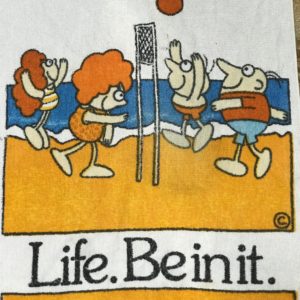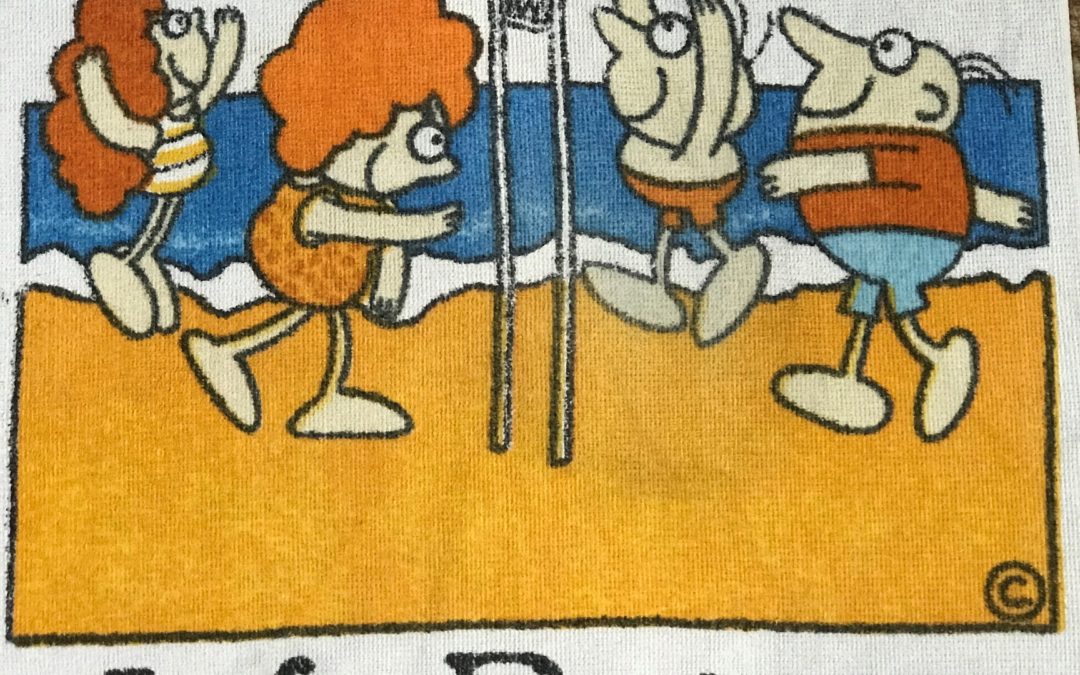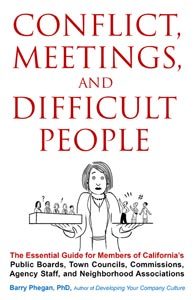 Bronnie Ware is an Australian nurse who spent several years caring for patients in the last 12 weeks of their lives. She recorded their dying epiphanies in a blog called Inspiration and Chai. This gathered so much attention, in 2009 she put her observations into a book called The Top Five Regrets of the Dying: A Life Transformed by the Dearly Departing.
Bronnie Ware is an Australian nurse who spent several years caring for patients in the last 12 weeks of their lives. She recorded their dying epiphanies in a blog called Inspiration and Chai. This gathered so much attention, in 2009 she put her observations into a book called The Top Five Regrets of the Dying: A Life Transformed by the Dearly Departing.
Ware writes of the phenomenal clarity of vision that people gain at the end of their lives, and how we might learn from their wisdom. “When questioned about any regrets they had or anything they would do differently,” she says, “common themes surfaced again and again.”
Here are the top five regrets of the dying, as witnessed by Ware:
[ Now, 10 years later, a new major regret is emerging. See #6. below]
1. I wish I’d had the courage to live a life true to myself, not the life others expected of me. “This was the most common regret of all. When people realize that their life is almost over and look back clearly on it, it is easy to see how many dreams have gone unfulfilled. Most people had not honored even a half of their dreams and had to die knowing that it was due to choices they had made, or not made. Health brings a freedom very few realize — until they no longer have it.”
2. I wish I hadn’t worked so hard. “This came from every male patient that I nursed. They missed their children’s youth and their partner’s companionship. Women also spoke of this regret, but as most were from an older generation, many of the female patients had not been breadwinners. All of the men I nursed deeply regretted spending so much of their lives on the treadmill of a work existence.”
3. I wish I’d had the courage to express my feelings. “Many people suppressed their feelings in order to keep peace with others. As a result, they settled for a mediocre existence and never became who they were truly capable of becoming. Many developed illnesses relating to the bitterness and resentment they carried as a result.”
4. I wish I had stayed in touch with my friends. “Often they would not truly realize the full benefits of old friends until their dying weeks and it was not always possible to track them down. Many had become so caught up in their own lives that they had let golden friendships slip by over the years. There were many deep regrets about not giving friendships the time and effort that they deserved. Everyone misses their friends when they are dying.”
5. I wish that I had let myself be happier. “This is a surprisingly common one. Many did not realize until the end that happiness is a choice. They had stayed stuck in old patterns and habits. The so-called ‘comfort’ of familiarity overflowed into their emotions, as well as their physical lives. Fear of change had them pretending to others, and to their selves, that they were content, when deep within, they longed to laugh properly and have silliness in their life again.”
[6. “We’re leaving a terrible world for our grandchildren.” Older people and care home managers report growing worries with catastrophic climate change and the associated political and social turmoil facing future generations. This is a new type of concern, not about the older person and their personal regrets, but about the dystopian world they created and are leaving for their grandchildren.]
I might add:
Age gracefully — with gratefulness and acceptance.
Love — give it away and you keep on getting more. (Does that sound like a song?)
Discover what you love to do — and do it.
Carpe diem — seize the day, don’t wait around. Do it now.
Friends — if you want them, be one.
Quotes on Reflecting
Socrates prime directive — “The unexamined life is not worth living.”
Mark Twain — “The unexamined life may not be worth living, but the life too closely examined may not be lived at all.”
Twain adds humorously:
“What if you examine your life and find it has been a clunker?”
“The two most important days of your life are the days you are born, and the day you find out why.”
As wiser older persons, we have the luxury of reflecting, “Why?”
I welcome your suggestions, questions, or comments.
Thank you for visiting,
Barry Phegan, June 2019
Comments & Suggestions





